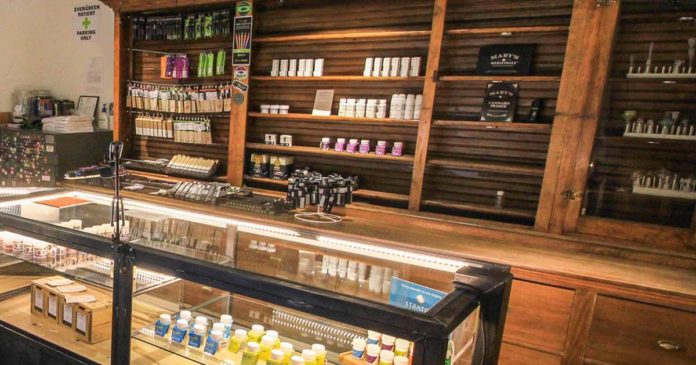The National Organization for the Reform of Marijuana Laws has joined calls for for continued operation of medical cannabis dispensaries throughout the USA during the coronavirus crisis.
Yesterday we mentioned Americans For Safe Access’s (ASA’s) letter to governors and directors of state medical cannabis programs requesting immediate action to ensure medical cannabis access is maintained during the situation.
Triggering concerns regarding access is the fact in some jurisdictions medical cannabis dispensaries are not in the same category as pharmacies, therefore may not be included as essential services and could be closed on local or state orders as governments scramble to contain spread of the coronavirus.
NORML has added its voice to register concern.
“There are several million state-licensed medical cannabis patients in America,” said NORML Executive Director Erik Altieri. “Because many of these patients are among our more vulnerable populations, it is essential that they maintain uninterrupted, regulated access to lab-tested products during this time.”
Mr. Altieri said failure to do so could see patients pushed to the illicit marketplace, which could potentially endanger their health. He applauded states and local jurisdictions that have already taken action.
NORML has also offered advice to medical cannabis patients about staying safe during this dangerous time, which includes:
- avoiding the intake of combustive smoke and seeking alternative delivery options
- not sharing devices such as vaporizers, or cannabis cigarettes
- proper cleaning of devices
An important piece of advice from NORML that extends beyond patients is not falling victim to the growing number of scams involving so-called cannabis-based COVID-19 ‘cures.’ There is no such thing. It’s unfortunate that some are taking advantage of the anxiety cause by the coronavirus situation to make such claims.
For facilities offering retail sales of cannabis products, NORML urges frequent sanitizing of shelving and other public spaces, limits on the total number of customers permitted to gather in a premises at one time, and potentially imposing specific hours of operation for elderly or other higher-risk patients. The latter is a practice already occurring in some sectors, such as in Australia where major supermarkets are reserving one hour early in the day for the elderly and other at-risk groups to buy groceries without having to deal with the crush of other shoppers.


